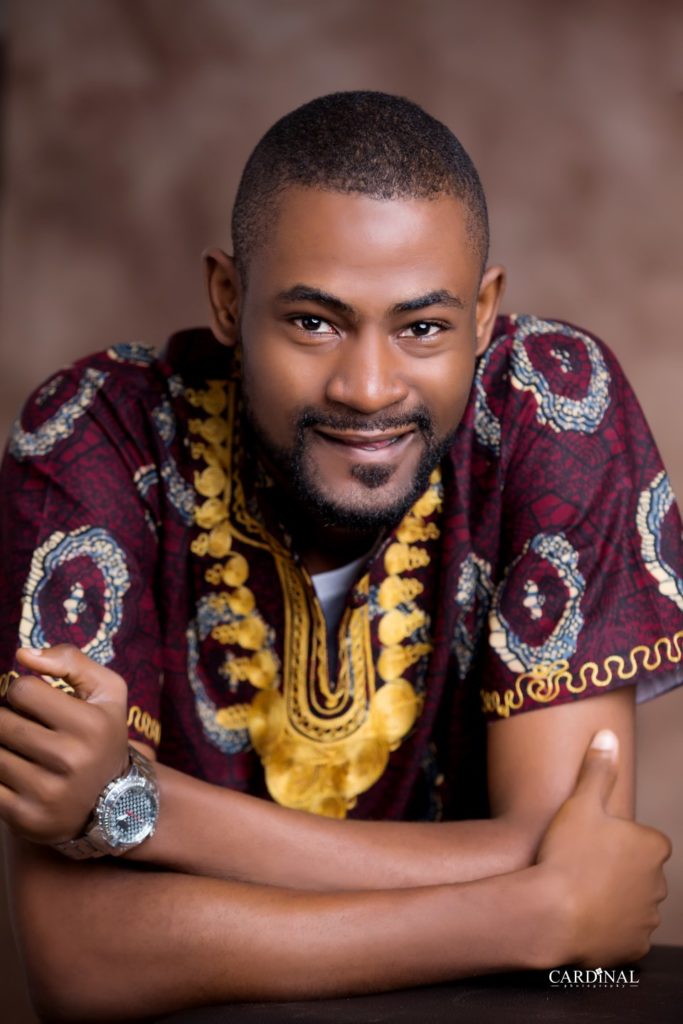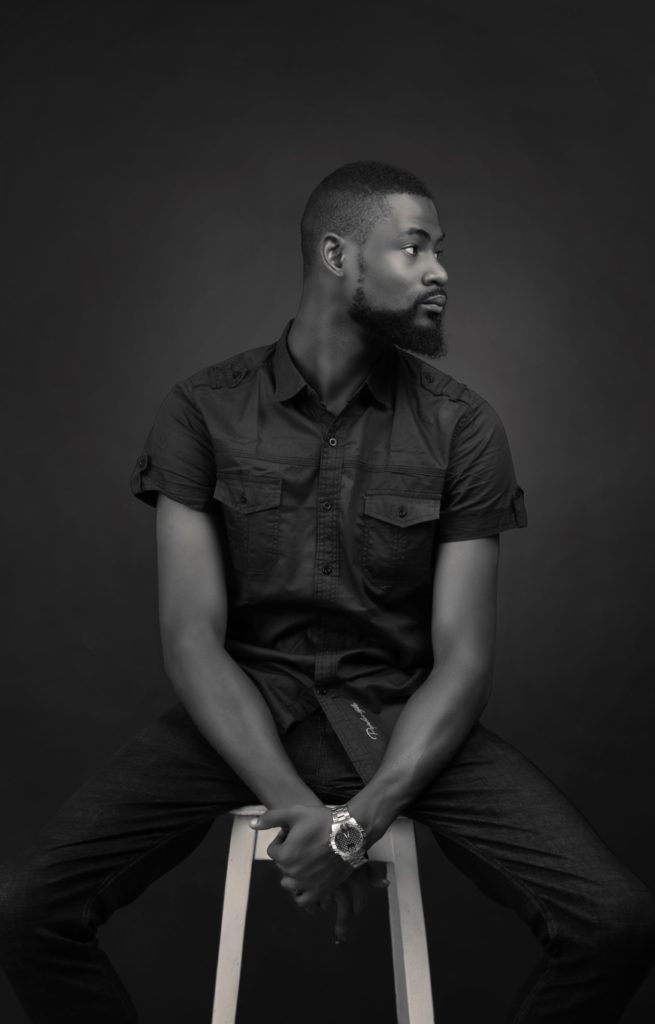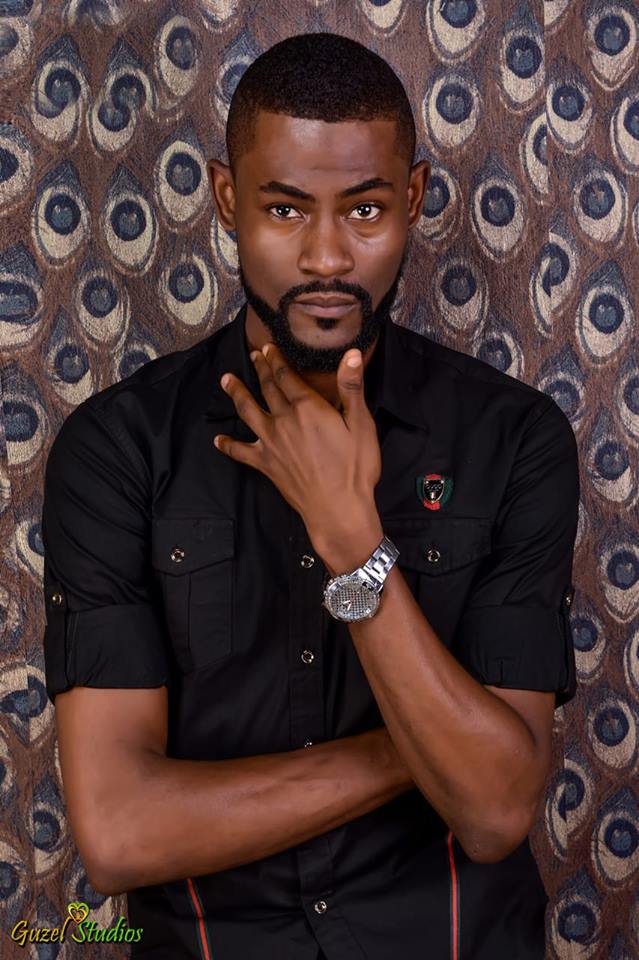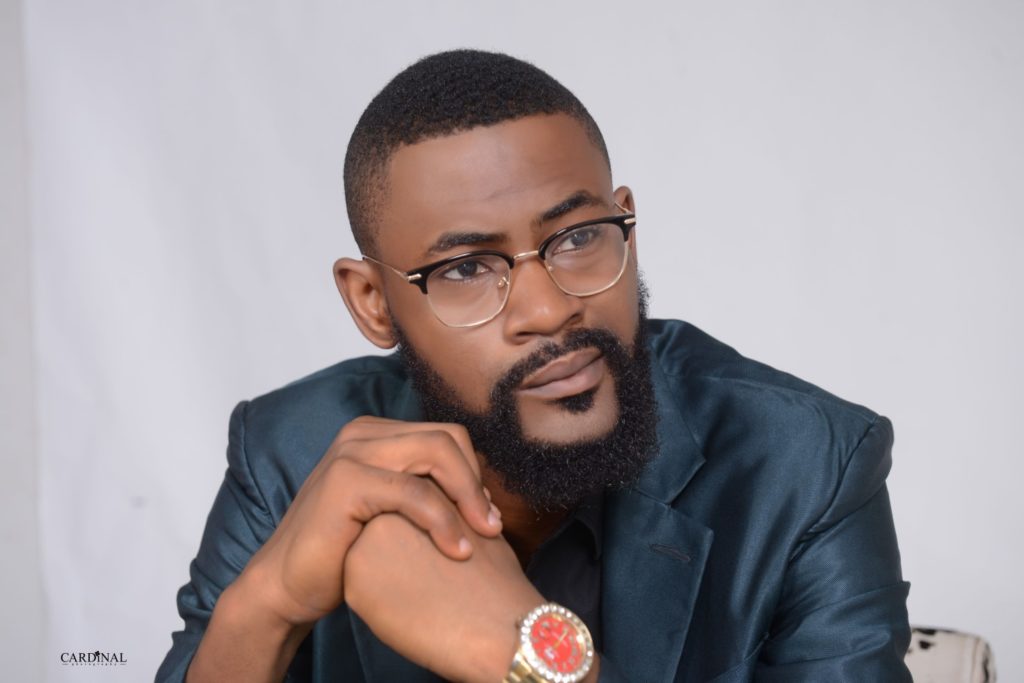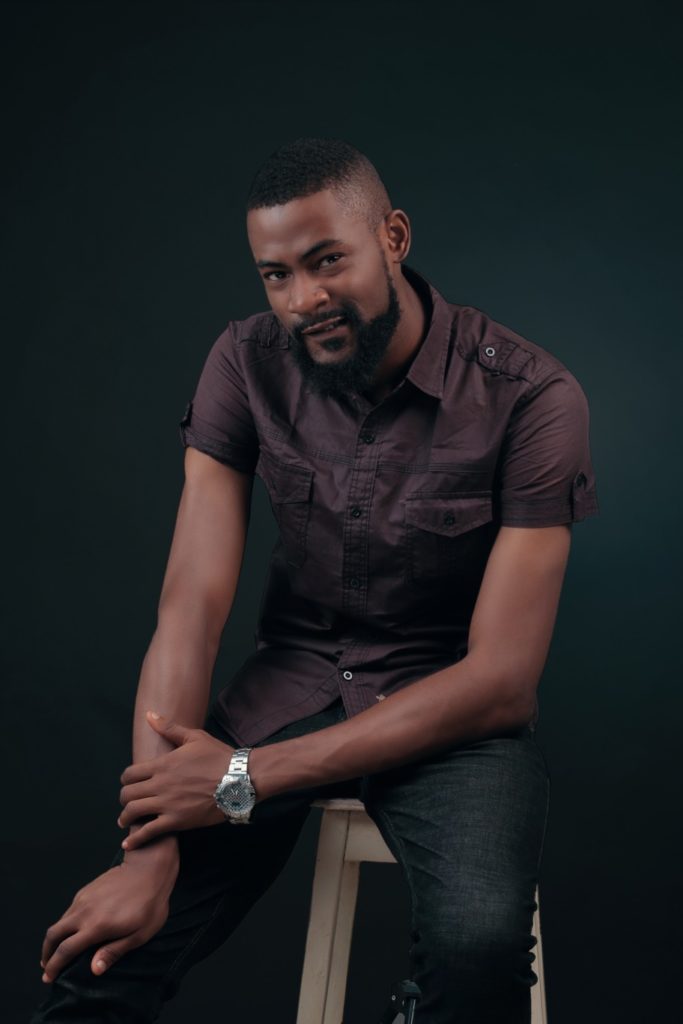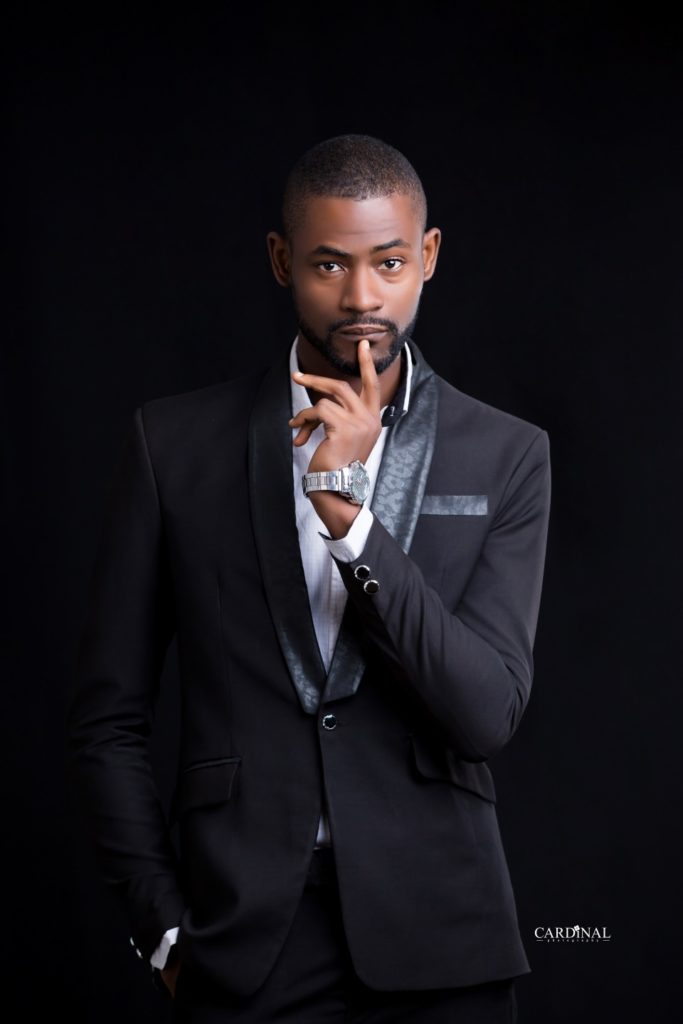
BRIEF BIO
Otosirieze Obi-Young (b. 1994) is a Nigerian writer, journalist, curator, and media consultant. He is the founder and editor of Open Country Mag, a multiplatform space contextualizing African literature and film. He was editor of Folio Nigeria, then CNN’s exclusive media affiliate in Africa, where he covered innovation in over 20 fields, from art, music, film, cuisine, and fashion to tech, sports, health, and activism. He was chair of The Gerald Kraak Prize, a South African initiative for storytelling about gender, sexuality, and social justice, and was a judge for The Morland Scholarship, a British grant for African writers. His fiction has appeared in The Threepenny Review and Transition. He has a BA in English & History and an MA in African Studies from the University of Nigeria, Nsukka, and an MFA in Fiction from the Iowa Writers’ Workshop. He has given guest lectures at Dartmouth College and at Grinnell College. In 2019, he received the inaugural The Future Awards Africa Prize for Literature. He has been named among “The 100 Most Influential Young Nigerians” by Avance Media.
NARRATIVE BIO/BUILDING MY DREAMS
I was born on Easter Sunday in 1994, in Aba, southeastern Nigeria. It is a commercial city with a remarkable history: the streets had culture (Ngwa Road!) and the people had swagger and the air had resistance. I spent my earliest years between home, school, and church, insulated from the hot streets. My world opened up through books and TV. I grew up knowing that I had imagination and that I could tell a story.
I grew up wanting to be many things. My first gift was drawing, my first dream to be an artist. Watching Discovery Channel sowed in me the possibility of being an astronomer, until I learned I needed to know Mathematics for that. I stumbled upon a life-changing booklet called Life of Saint Benedict and wanted to be a monk, but people suggested I needed to be a priest. I had aunties who were an architect and a psychologist, and I wanted those, too. In secondary school, I was led to believe that students who were good in the arts had to study Law, and I nursed that idea. At the University of Nigeria, Nsukka, I combined English & Literary Studies, which bored me at first, and History & International Studies, which years of reading had overprepared me for. At age 18 and in third year, having published an academic paper in a German journal, I made the decision: I would be a Professor of International Relations, and, because I am a Chelsea fan, I would do football commentary on the side. But in June of that year, 2012, I read Half of a Yellow Sun and my life changed. Literature had found me; my dormant dreams of storytelling were now awake.
I began writing short stories and I finished my collection in 2016, and called it You Sing of a Longing. Two of the stories are published in The Threepenny Review and in Transition. I would later finish my novel manuscript in 2020, and start a second novel in 2021.
But back then in 2016, writing You Sing of a Longing, I felt as if I had unlocked a new part of myself and was filled with inspiration. I tend to think encyclopedically, collecting information and categorizing them, and so, inspired by my National Youth Service year in Akure, southwestern Nigeria, I started curating The Art Naija Series, a sequence of themed e-anthologies of writing and visual art exploring different aspects of Nigerianness. The first, Enter Naija: The Book of Places (Oct. 2016), focuses on cities. The second, Work Naija: The Book of Vocations (Jun. 2017), focuses on professions. That year, I took on an offer of a major editorial role in the African literary scene. I was 22.
As deputy editor of Brittle Paper, I set out to transform it from a well-read blog with a curious reputation into a respected hub with prestige, and to open the literary space to young writers with talent but without access. So in 2017, I created the defunct Brittle Paper Awards, the first awards by an African publication. In the three years it ran, it launched new voices that went on to become important in the scene. My intention was also to platform LGBTQ+ voices who had long been silenced. My work in LGBTQ advocacy was profiled in Literary Hub. In April 2020, I was pushed away from what I’d built because I spoke up against rape culture—a controversy well covered in the Nigerian media. It refreshed for me a lesson I knew well: integrity matters; nothing is worth tainting your name for; and, importantly, nobody can stop you except you.
I am an eternal optimist and I love to challenge myself. I love building platforms, and so weeks later, in May 2020, I became editor of Folio Nigeria, CNN’s exclusive media affiliate in Africa. My mission was to reposition it from a news site to a storytelling space with strong cultural pull. In my one year there, we covered innovation in over 20 broad and specialized fields, including tech, comics, acting, crypto art, local cuisine, street boxing, hyper-realistic art, beauty pageantry, Afrobeat and highlife music, special effects makeup, social media comedy, cloth weaving, language script-making, experimental metal sculpture, COVID-19 first response, anti-gender-based violence activism, eco-friendly manufacturing, investigative journalism, and photography activism and mental health.
While at Folio Nigeria, I realized that my work in literature was unfinished. African literature still had no platform with a storytelling pull on par with American and British publications. I wanted to fix that. In December 2020, I launched Open Country Mag, a growing multiplatform space with the mission to contextualize African literature in the global conversation. Fifteen months later, the most important names in African literature—including Chimamanda Ngozi Adichie, Teju Cole, Tsitsi Dangarembga, Maaza Mengiste, and Damon Galgut after his Booker Prize win last year—have given us exclusive interviews and appeared on our covers. In April 2022, we released our first special issue, The Next Generation of African Literature, profiling 16 writers and curators who have influenced literary culture in the last five years. Our cultural journalism in the continental scene is unprecedented. The magnitude of our work requires major funding to sustain, but so crucial is it that, despite that lack, I had to push ahead and pay our staff from my pocket. Dreams run on sacrifices.
I have done other major work in African literature.
I was nonfiction editor at 14, Nigeria’s first queer art collective. 14 published two volumes, We Are Flowers (Jan. 2017) and The Inward Gaze (Jan. 2018).
In 2018, aged 24, I became the youngest award judge in the African literary scene when I joined the panel of The Gerald Kraak Prize, a South African initiative devoted to storytelling about gender, sexuality, and social justice. I chaired the panel from 2020 to 2023.
In 2019, at 25, I became a judge for The Morland Scholarship, a British charity awarding annual grants of up to £80,000 to African writers—the richest Pan-African award.
That year, I received the inaugural The Future Awards Africa Prize for Literature. Months later, I was named among “The 100 Most Influential Young Nigerians” by Avance Media.
While I worked as an editor, curator, and literary journalist, I had two other major, academic obligations. I was studying for an MA in African Studies in Nsukka, and I spent my time shuttling between there and the city of Enugu, where I was a graduate assistant at Godfrey Okoye University and teaching Use of English to over 100 first, second, and third year undergrads. I burned out several times but I kept on: dreams must be built, experience must be gathered, I must overequip myself for the future. I left lecturing in 2018 and finished my MA in 2019.
In 2021, I started my MFA in Fiction at the Iowa Writers’ Workshop. I currently teach there as an Adjunct Assistant Professor.
Once upon a time, I questioned the path I was on. I thought of all the different times in my life, all the things I have wanted to be, or have been pushed to be, or now am, or know that I would one day be, or will never be. I was doubting if my passion was misplaced. I was wondering if I should change careers completely, maybe go try acting or something. Ha ha ha! But one evening in late 2020, I spoke to a friend and realized that I was on the rightest path. I had spent years building for others. Now I was building my own dream. I was focusing on what matters and it wasn’t going to be easy.
My favourite works of art are the ones that shifted something in me. That is what I hope my own writing and work would do: shift something in you.
